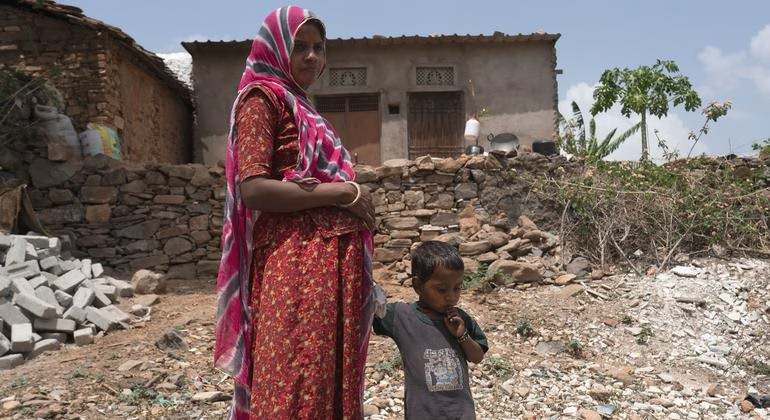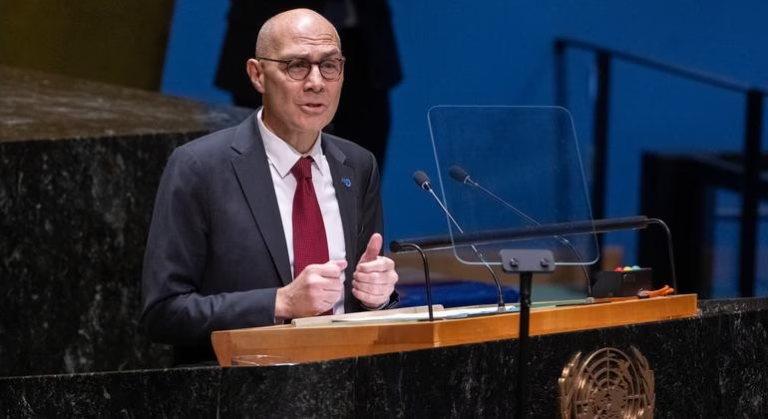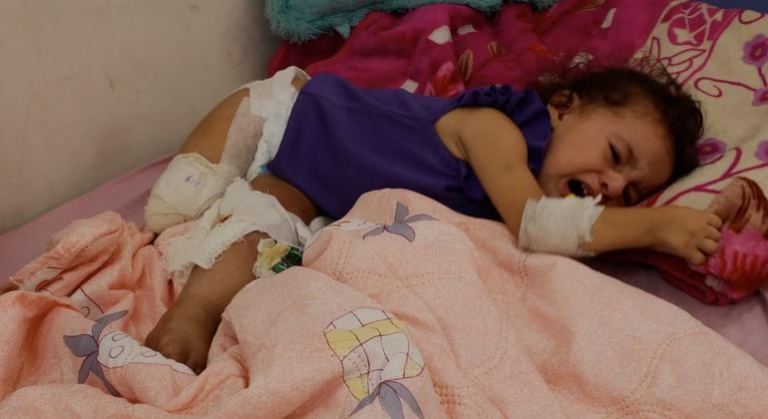In a report released by UNICEF, WHO, and UNFPA on World Health Day, it has been found that while maternal deaths have decreased by 40 per cent from 2000 to 2023, progress is being challenged by unprecedented cuts in aid, which are putting the reduction of maternal deaths at risk. The report calls for increased investments in midwives and other healthcare workers to continue global efforts to end maternal deaths.
Despite the decline in maternal deaths, the pace of improvement has slowed significantly since 2016, with approximately 260,000 deaths recorded in 2023, equivalent to one death every two minutes. Conflict zones, such as Sudan’s Al Jazirah State, present particular risks for mothers and newborns. In such areas, midwives and health workers are often forced to deliver babies in precarious conditions, underscoring the urgent need for action to prevent maternal deaths, particularly in humanitarian crises where risks are already heightened.
The COVID-19 pandemic has further exacerbated these challenges, with an estimated 40,000 additional maternal deaths linked to the pandemic in 2021, pointing to the critical importance of ensuring continuous access to maternity services during crises.
UN agencies are advocating for the investment in midwives and community health workers as a key strategy to safeguard the health of mothers and babies, especially in the most vulnerable settings. This investment includes strengthening health systems, improving supply chains, and gathering data to identify those most at risk.
The report also highlights significant regional disparities in maternal mortality rates, with sub-Saharan Africa bearing the brunt of these deaths due to a high prevalence of poverty and conflict. In contrast, progress has stagnated in several other regions, indicating a pressing global responsibility to address these inequalities and fulfill the right to quality maternal healthcare for all.
Source: https://news.un.org/feed/view/en/story/2025/04/1161941







